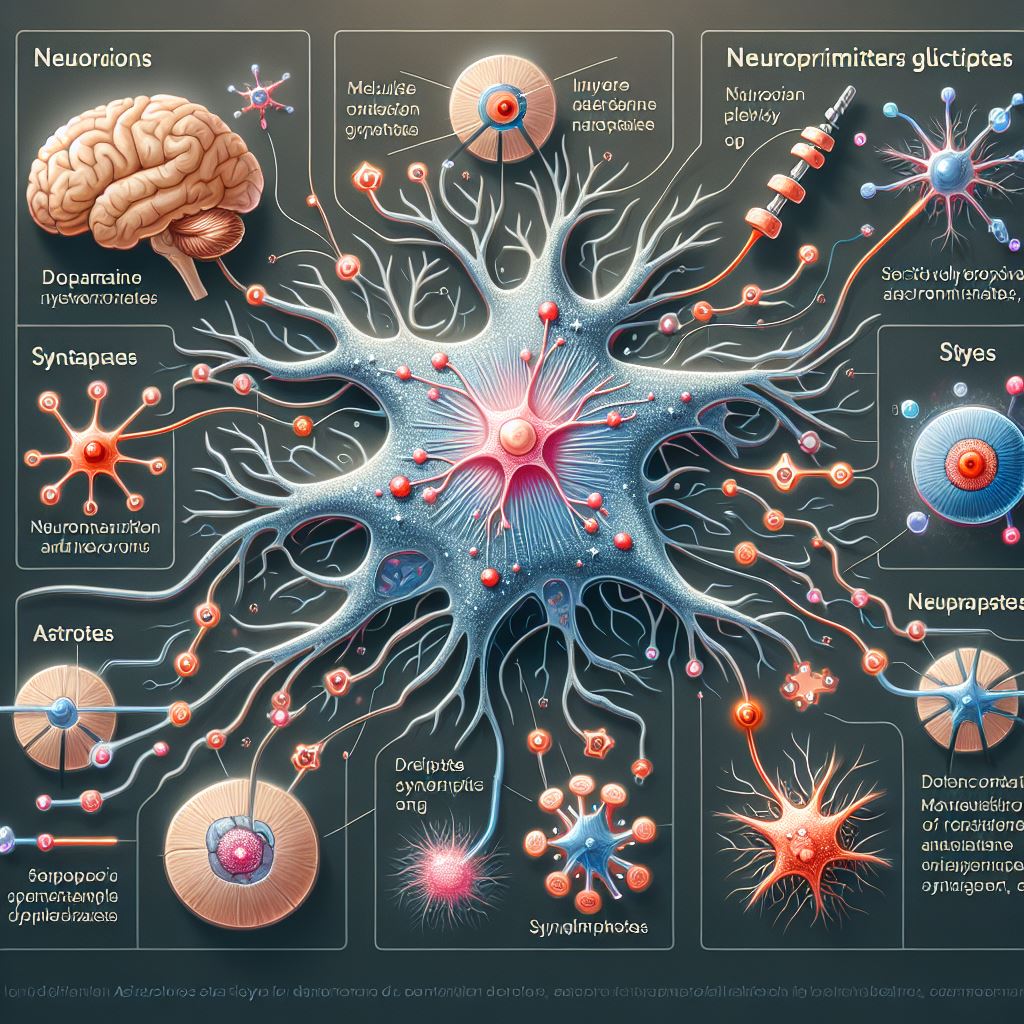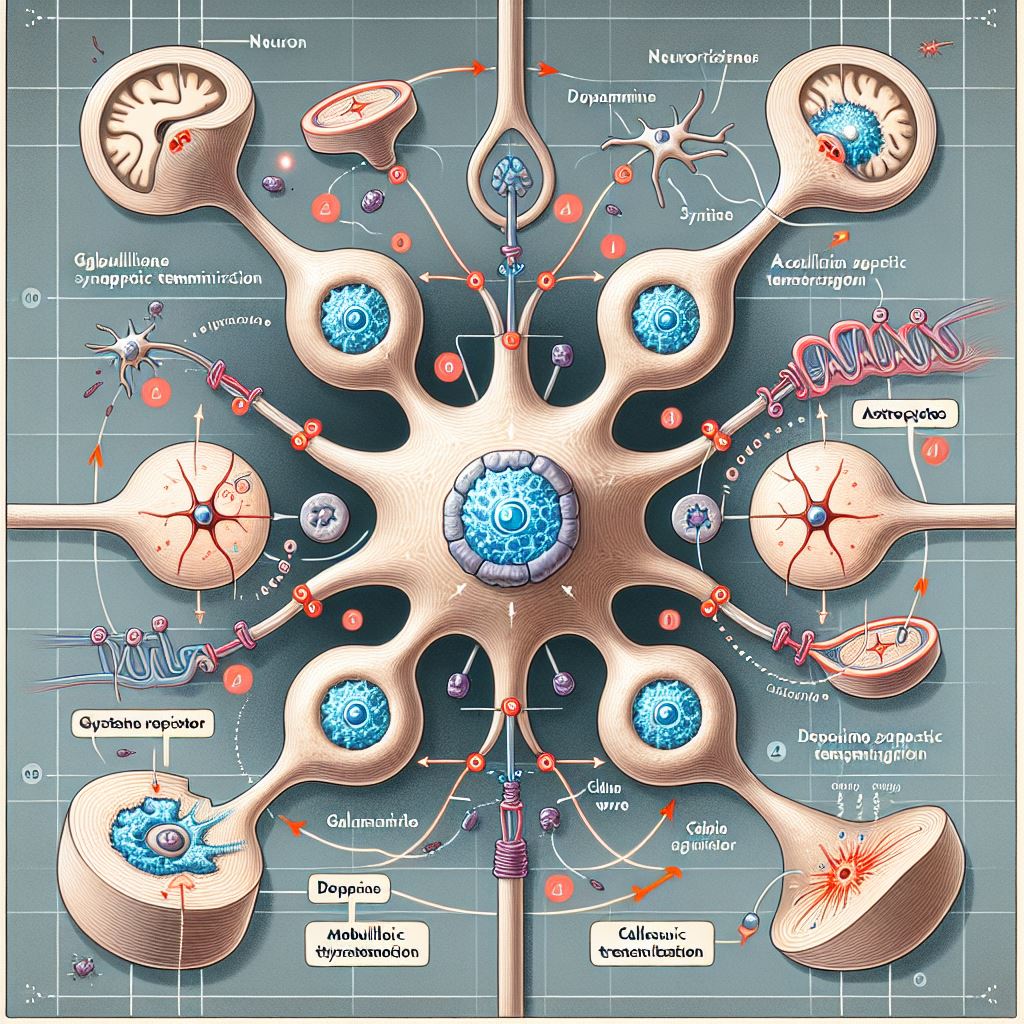For decades, astrocytes—star-shaped glial cells in the brain—were considered mere support staff for neurons, responsible for housekeeping tasks like nutrient delivery and waste removal. However, groundbreaking research in 2025 is radically transforming this view, revealing astrocytes as dynamic, decision-making participants in brain function. This shift not only challenges long-held assumptions but also opens new avenues for understanding cognition, behavior, and neurological disorders.
From Passive Support to Active Players
Historically, neuroscience has focused on neurons as the primary communicators in the brain, with astrocytes relegated to a passive role. But new research from Oregon Health & Science University (OHSU) has upended this narrative. Using live imaging in fruit flies and rodents, scientists have demonstrated that astrocytes actively transmit and modulate signals between neurons in real time [1].
This discovery builds on earlier findings from 2016, which first hinted that astrocytes could influence neuronal communication. The 2025 study goes further, showing that astrocytes can selectively respond to neurotransmitters like dopamine and glutamate, effectively “tuning in” to specific neural circuits while ignoring others. This selective gating mechanism allows astrocytes to filter and prioritize information, much like a conductor guiding an orchestra [1].

Contradicting the Old Paradigm
The traditional view held that astrocytes were static and reactive—responding to neuronal activity but not initiating or modulating it. The new findings contradict this by showing that astrocytes can:
- Initiate signal transmission: They don’t just respond to neurons; they can influence which neurons fire and when.
- Modulate behavior: Altering astrocyte signaling in fruit flies led to measurable changes in behavior, suggesting a direct role in cognitive processes.
- Adapt dynamically: Astrocytes can switch their responsiveness on and off, adapting to the brain’s moment-to-moment needs [1].
This represents a paradigm shift: astrocytes are not just the brain’s support crew—they are integral to its command center.

Implications for Mental Health and Neurological Disorders
The implications of this research are profound. If astrocytes help regulate attention, mood, and behavior, they could be key players in conditions like anxiety, depression, and neurodegenerative diseases. The ability to manipulate astrocyte signaling could lead to novel treatments for disorders previously thought to be purely neuronal in origin [2].
Moreover, the evolutionary conservation of these mechanisms—from fruit flies to rodents—suggests that astrocytes have played a fundamental role in brain evolution and function across species.
A New Frontier in Neuroscience
This research marks a turning point in how we understand the brain. Astrocytes are no longer the silent partners of neurons; they are active, intelligent participants in the brain’s complex symphony. As scientists continue to unravel their roles, we may find that many mysteries of the mind—from memory to emotion—depend not just on neurons, but on the star-shaped cells that have long been hiding in plain sight.
Would you like a visual illustration of how astrocytes interact with neurons based on this new research?
References
[1] Impact of oft-overlooked cell in brain function revealed
[2] OHSU study reveals impact of oft-overlooked cell in brain function



